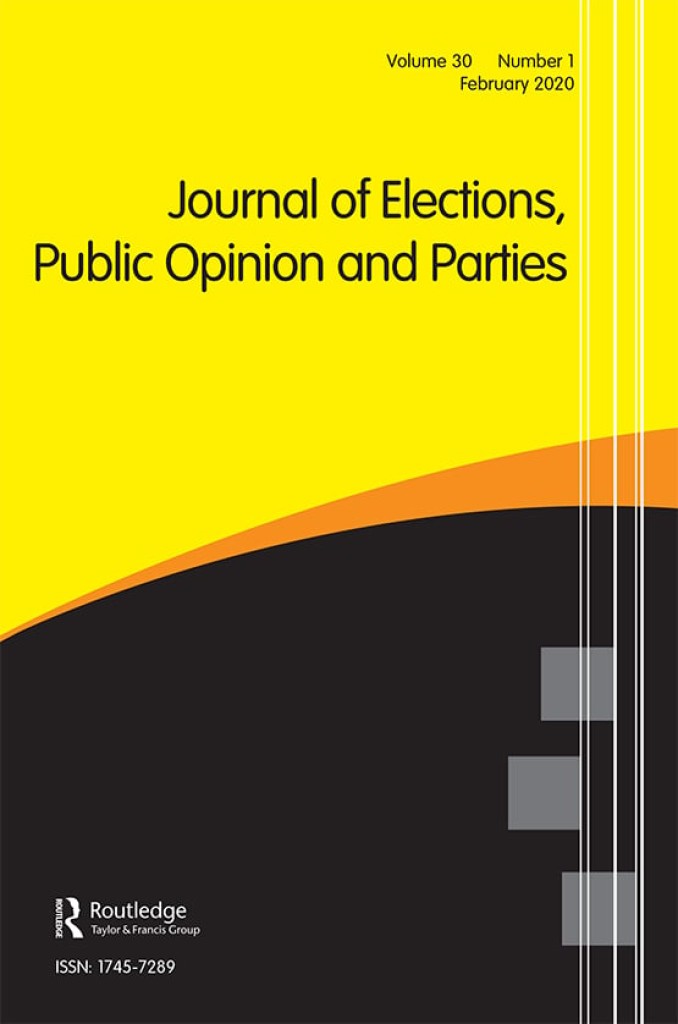A recent article considered how to minimize the risk of election subversion and stolen elections in the US. The authors observed that, the United States faces a serious risk that the 2024 presidential election, and other future U.S. elections, will not be conducted fairly and that the candidates taking office will not reflect the free choices made by eligible voters under previously announced election rules. The potential mechanisms by which election losers may be declared election winners are: (1) usurpation of voter choices for President by state legislatures purporting to exercise constitutional authority, possibly with the blessing of a partisan Supreme Court and the acquiescence of Republicans in Congress; (2) fraudulent or suppressive election administration or vote counting by law- or norm-breaking election officials; and (3) violent or disruptive private action that prevents voting, interferes with the counting of votes, or interrupts the assumption of power by the actual winning candidate. Until recently, it would have been absurd to raise the possibility of such election subversion or a stolen election in the United States. Few cases have emerged in at least the last fifty years of actual election sabotage by election officials, leading to an election loser being declared the election winner, despite other unique pathologies of American election administration.
The authors argue that political opposition must be mounted against those who embrace the false claim that the 2020 election was stolen from President Trump and who run for office or seek appointment to run elections. Spreading these false claims shows rejection of a commitment to the rule of law, and those who share the false claims deserve to have their positions on the 2020 election relentlessly challenged during their campaigns. If any of these persons attains office, then oversight from more fair-minded, responsible people will be urgently required. Getting such oversight may require new legislation, lawsuits, or even peaceful protests.
They conclude that, the ultimate safeguard of American democracy during this period of democratic instability may be millions of people taking to the streets for peaceful protests to demand fair vote counting and adherence to the rule of law. In 2020, it was enough to avoid election subversion that some heroes stepped up to assure that elections ran smoothly, votes were fairly counted, and a peaceful transition of power took place. Next time, a few heroes in the right places may be inadequate. I fear that only concerted, peaceful collective action against an attempt to subvert election results stands between American democracy and nascent authoritarianism.

